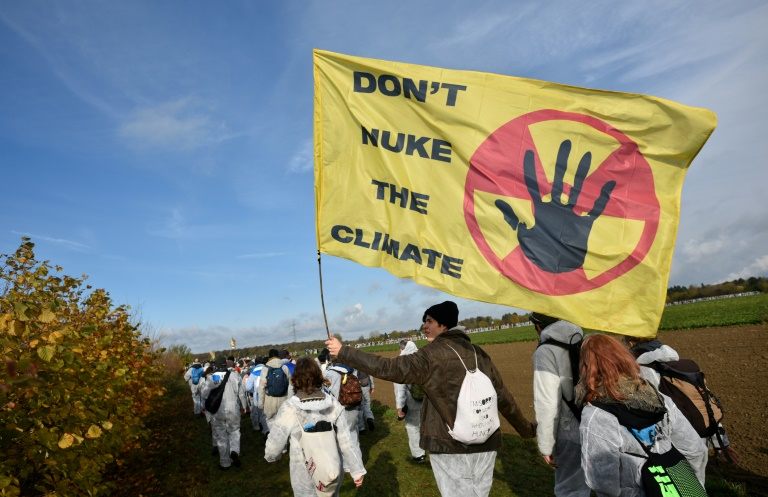Following a cascade of grim reports on the gathering pace of global warming, Fiji's prime minister on Monday appealed for "urgent action" on climate change at UN negotiations in Bonn.
"The need for urgency is obvious," said Frank Bainimarama, AFP reported.
"Our world is in distress from extreme weather events caused by climate change —destructive hurricanes, fires, floods, droughts, melting ice and changes to agriculture that threaten our food security," he told the opening plenary of the 12-day talks, over which he will preside.
"Our collective plea for the world is to maintain the course we set in Paris," he added, referring to the 196-nation treaty inked in 2015.
But five months after US President Donald Trump said he would yank the United States out of that pact, diplomats and leaders are still wondering to what extent he will make their jobs more difficult.
The Paris treaty calls for capping global warming at "well under" two degrees Celsius (3.6 degrees Fahrenheit), and 1.5 C if possible.
So far, Earth's average temperature has gone up 1 C compared to pre-industrial levels —enough to wreak havoc in many parts of the world.
Voluntary national pledges to reduce carbon pollution would still see the world heat up by a blistering 3 C, leaving a critical "emissions gap," and very little time to fill it.
"We have less than three years left to bend the trajectory of greenhouse gas emissions downward to avoid the very worst and most catastrophic impacts of climate change," said Paula Caballero, global director for climate at the World Resources Institute, a Washington-based policy think tank.
That daunting task has been made all the more difficult by the US pullout, diplomats and experts said.
The problem extends beyond the likely shortfall in the reduction of US emissions, despite Trump's vow to protect carbon-intensive, coal-fired power plants from closure. Up to 25,000 people are expected to attend the talks. Participants will include diplomats from 195 nations, as well as scientists, lobbyists and environmentalists.
The US, which has announced its intention to pull out of the landmark Paris climate accord, will be represented by undersecretary of state for political affairs, Thomas Shannon.
Key countries to watch during the talks are emerging economic powers China and India. Other nations — Estonia, Peru, Ecuador, Iran, Mali, Ethiopia and the Maldives — will also be in the spotlight for leading major international groupings. French president Emmanuel Macron, German Chancellor Angela Merkel and other leaders are expected to fly to Bonn towards the end of the summit to give the talks a final push and signal their commitment to fighting climate change.


